South Wales valleys action plan for 7,000 new jobs
- Published
- comments
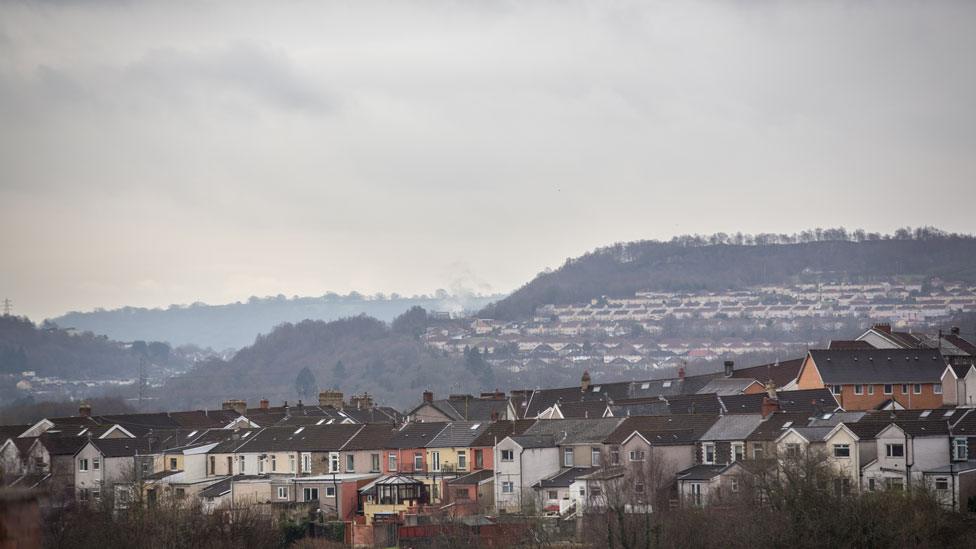
An action plan to create 7,000 jobs and revitalise the south Wales valleys has been published.
Six towns will be hubs for economic growth in surrounding communities, stretching from Neath to Cwmbran.
The minister in charge, Alun Davies, said he would also ensure more public sector jobs were relocated to the valleys "where appropriate".
He has been leading a taskforce which has undertaken a #TalkValleys series of consultations over the last year.
Mr Davies had already called for an "industrial renaissance" and for the valleys to be more than just "shiny new roads".
Our Valleys, Our Future is the result, with the priorities being good quality jobs and skills, better public services and stronger communities.
The taskforce is aiming to:
Close the employment gap between the valleys and the rest of Wales by getting an extra 7,000 people into work by 2021 and creating "thousands of new, fair, secure and sustainable jobs"
Work to improve public services
Improve health, wellbeing and tourism by exploring the development of a "valleys landscape park", making the most of the natural environment and heritage.
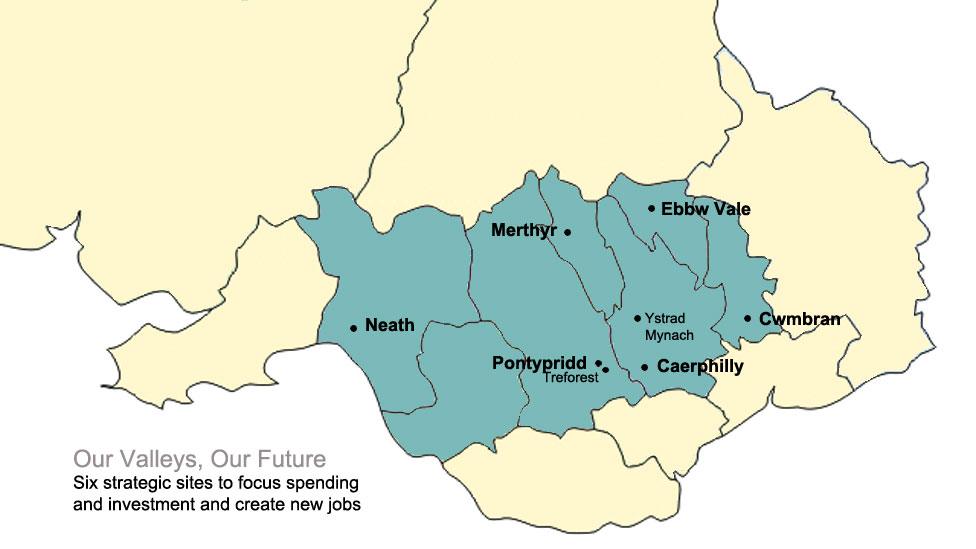
The six hubs will each have a particular focus and aim to bring opportunities for people living in nearby villages:
Pontypridd/Treforest - homes, office, industrial and retail
Caerphilly/Ystrad Mynach, Cwmbran and Merthyr Tydfil - homes, office and industrial
Neath - homes, industrial, digital and energy development.
Ebbw Vale - new automotive business park
"From the start, I have been clear this taskforce will not be another case of the government deciding what is right for the valleys," said Mr Davies.
"If we are to succeed, local communities and local people must be at the heart of our work."
He will now work on a delivery plan to be published in the autumn.

A look at how previous valleys initiatives were first launched nearly 30 years ago
TIMELINE - PREVIOUS VALLEYS INITIATIVES
There have been previous attempts to regenerate the former coal mining and steel areas of south Wales with initiatives stretching back nearly 30 years.
1988-1993: Then Welsh Secretary Peter Walker's first valleys initiative, launched in June 1988, claimed to have secured £700m in extra investment, involving 24,000 jobs.
More than 2,000 acres of derelict land was cleared by the Welsh Development Agency. The final National Garden Festival was held at Ebbw Vale.
Victoria Winckler, of the Bevan Foundation think-tank, has called it a "masterpiece of spin and re-packaged monies" , externalwhose main legacy was "a derelict garden festival site and a chain of Wetherspoon pubs across the region".
1993-1997: The second £1bn valleys initiative by successor David Hunt promised a shift away from centralised initiatives towards a "dynamic" programme involving communities more.
He wanted the valleys to be treated as a special case and be supported by European funding.
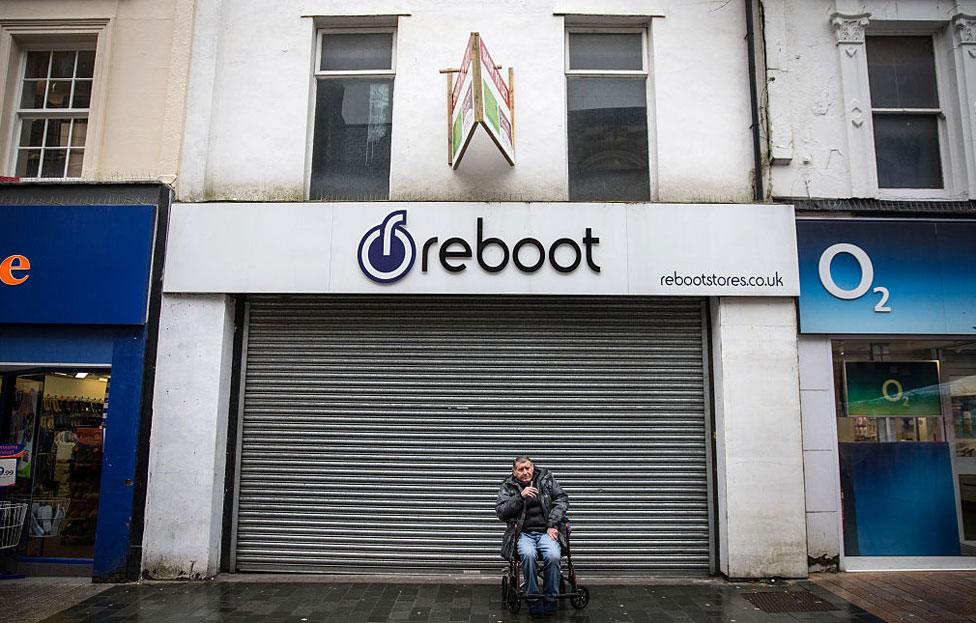
Merthyr Tydfil will be one of the six strategic hubs
2000-2006: By the turn of the century, with devolution, £1.5bn EU funding under the Objective One programme for west Wales and the Valleys was called a "once in a generation opportunity".
But it brought criticism that it lacked focus and spread the spending too thinly with the valleys still relatively poorer.
The Wales-wide Communities First programme - which had 24 projects in the valleys - was also set up in 2001. There was also a Heads of the Valleys initiative, launched in 2006, with the vision including making use of the environment and tourism and new housing also as a driver of regeneration.
2007-2017: There were another two lots of Objective One funding awarded (worth £2bn, 2007-13 and £1.89bn, 2014-2020).
Communities First was dropped in 2016 amid concerns about its effectiveness.

Prof Kevin Morgan of Cardiff University, author of A New Agenda for The Valleys back in 1988, said investment in high quality and affordable transport and improved housing was needed to better connect valleys towns.
He said that way, young professionals would be encouraged to live in places such as Pontypridd in Rhondda Cynon Taff.
Prof Morgan added: "Pontypridd is the gateway to the valleys and it should fulfil the role of being a major employer hub for the central and upper valleys.
"Companies like Admiral would, I'm sure, make it an attractive proposition to put some of their back office functions in Pontypridd.
"This would help us to see the interdependence of our cities and Valleys. It's a win-win situation to recognise the interdependence of the two."
Plaid Cymru leader Leanne Wood said it was vital that the initiative did not "get added to the list of previous broken promises and failed projects".
"We've said that the city region deal must begin its job creation and improved infrastructure work on the outskirts where the employment and spending is needed more."
Conservative economy spokesman Russell George added: "This is Labour's latest effort to reboot their strategy for the Valleys - and I wish them well.
"But coming just weeks after they scrapped the Circuit of Wales, it's hard to see this as anything more than a glossy PR exercise."
Mr Davies said the plan presented "an exciting opportunity to focus efforts and resources across government to make real and lasting change".
- Published20 July 2017
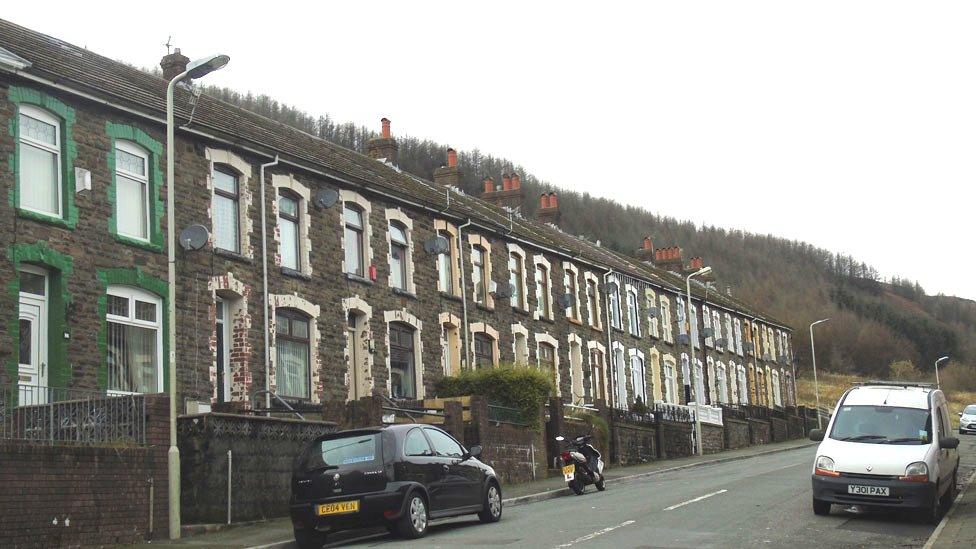
- Published5 July 2016
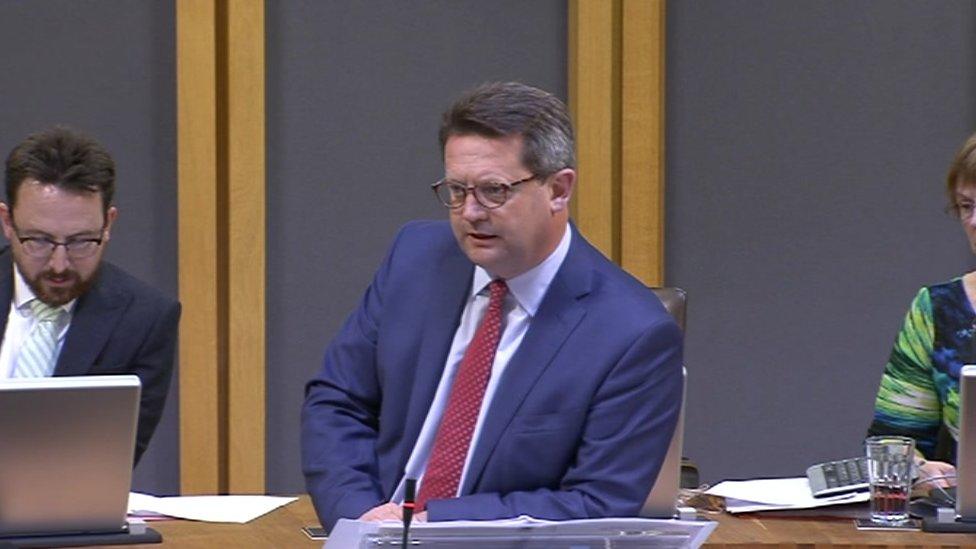
- Published13 April 2017
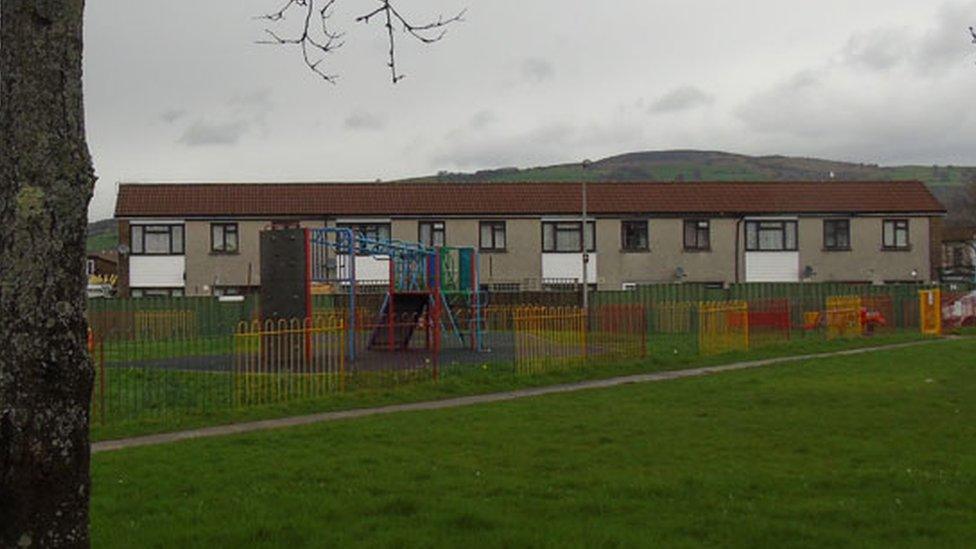
- Published27 October 2016
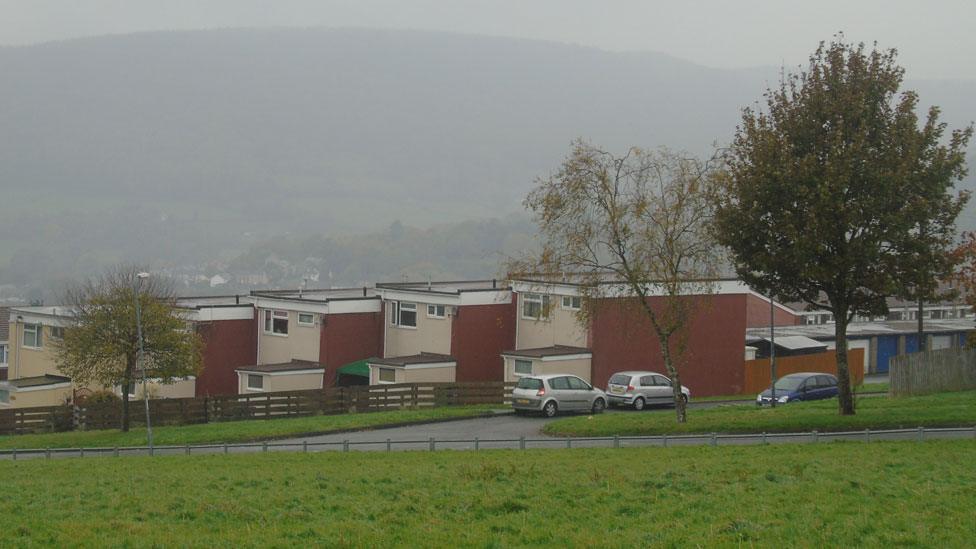
- Published22 December 2015

- Published23 December 2015
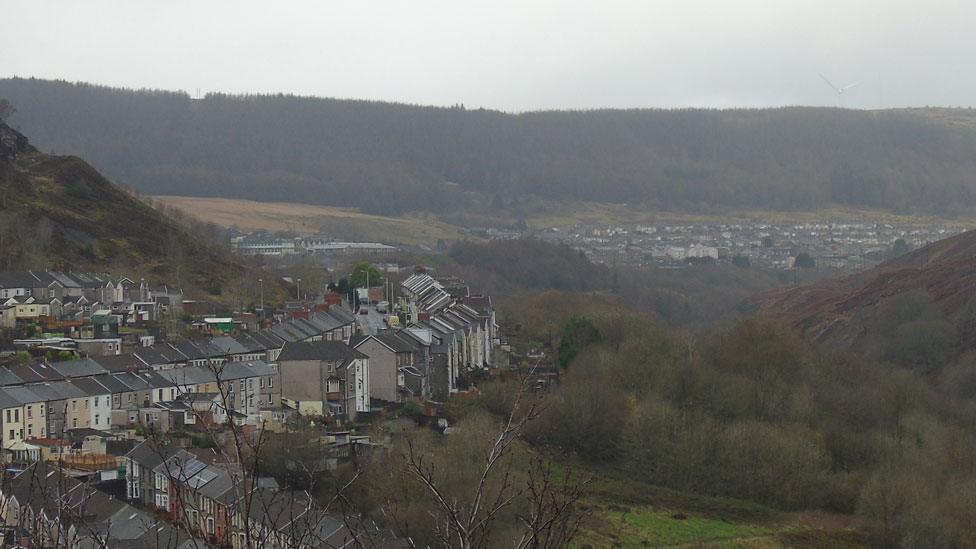
- Published24 April 2014
